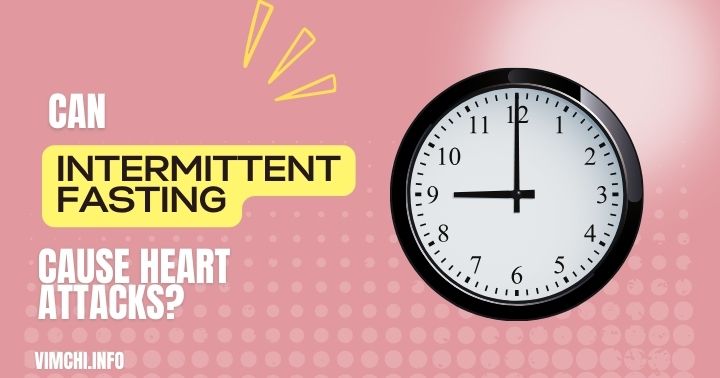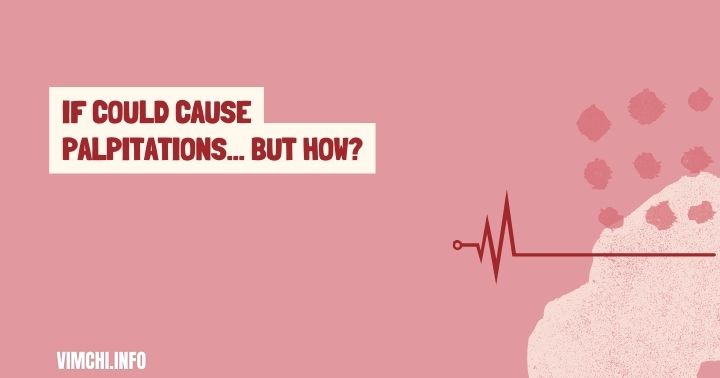
Have you heard or read the recent news about intermittent fasting and heart attacks? Recently, several news outlets reported that fasting for 16 hours could lead to a higher risk of dying from circulatory diseases. I’ve been practicing intermittent fasting for years now and I have not developed any heart condition.
In recent years, intermittent fasting has become a popular way to shed pounds. Some would fast for over 16 hours. Others only eat one meal a day and fast for 23 hours. The most popular version of IF is 16:8. That is, you eat during an 8-hour window and fast for 16 hours.
What Does the Research Say?
In previous research, experts suggested that not eating for a longer period could improve blood pressure. It could also help in regulating blood glucose and cholesterol levels. Remember that these factors are vital in reducing your risk of cardiovascular disease.
However, researchers from Shanghai Jiao Tong University in China revealed that there is a link between not eating for a longer period and the risk of dying from heart disease.
According to the researchers, those who limit their eating window had a 91% increased risk of dying from heart attacks and other heart diseases. Then, if you already have a heart disease before you start intermittent fasting, it would increase your risk by 66%.
But, it is important to note that the study has not been checked by fellow researchers. In that case, it is difficult to tell the accuracy of the research.
Thus, it is difficult to conclude if time-restricted eating can indeed increase your risk of dying from a heart condition, or if you are likely to die from heart disease.
Since the research was not a full paper, many health experts could not comment fully on it. It is also vital to remember that it is an observational study. In that case, it can only show you links.
Individuals with Pre-Existing Heart Conditions
IF offers several health benefits. Even many health experts recommend fasting to improve cardiovascular health. However, it is not for everyone.
That’s why if you have pre-existing heart conditions, you should not attempt to do longer fast without first talking to your doctor.
Remember that prolonged fasting without proper nutrition and hydration can lead to electrolyte imbalances. This can lead to heart problems. Electrolytes such as potassium, sodium, and magnesium maintain normal heart rhythms.
Furthermore, the metabolic changes during fasting periods can sometimes put additional stress on your heart. And since IF can lead to rapid and significant weight loss, it can lead to cardiac complications.
Remember that sudden changes in your body weight can strain your heart, especially if you have pre-existing conditions.
How About Palpitations? Can IF Cause Palpitations?

IF could cause heart palpitations. One reason is that during fasting, your blood sugar levels can drop, which leads to hypoglycemia.
Keep in mind that if you have low blood sugar levels, it could trigger the release of stress hormones, such as adrenaline, which may cause heart palpitations.
If you don’t drink enough water during the fasting stage, it can lead to dehydration. Remember that dehydration can decrease blood volume. It puts additional strain on your heart. Then, it can potentially lead to palpitations.
As mentioned earlier, fasting can result in electrolyte imbalances. Potassium, calcium, and magnesium are vital for maintaining normal cardiac function. An imbalance in these electrolytes can cause heart palpitations.
It is also important to note that the fasting state can trigger the release of cortisol. It is a stress hormone that can increase heart rate and may contribute to palpitations.
What Should You Do?
If you wish to lose weight with IF, you must check with your healthcare professional. This is especially true if you have a pre-existing medical or heart condition.
Then, if you are fasting, make sure that you drink enough water. This will prevent dehydration, which can stress your heart.
You should also pay attention to your electrolyte intake. Consume foods that are rich in electrolytes. You may also want to consider taking electrolyte supplements to maintain balance.
Most of all, you should avoid extreme fasting. Although OMAD can boost your ability to lose weight and lead to repaid weight loss, you might want to try shorter fasts at first.
In this way, you will know how your body adjusts to fasting. From there, you can work your way up.
You should also listen to your body. Pay attention to signs of distress, such as extreme fatigue or heart palpitations. If you experience these symptoms, they could be a sign that you should adjust your fasting routine or consider stopping it altogether.
Inconclusive Study
Indeed, intermittent fasting offers a lot of health benefits. Despite the recent research about the link between intermittent fasting and heart attacks or heart conditions, it is vital to note that the study was inconclusive. Then again, you must approach IF with caution. This is especially true if you have pre-existing heart donations. Consult your healthcare professional before you try IF.
Speak Now ... Or Forever Hold Your Peace